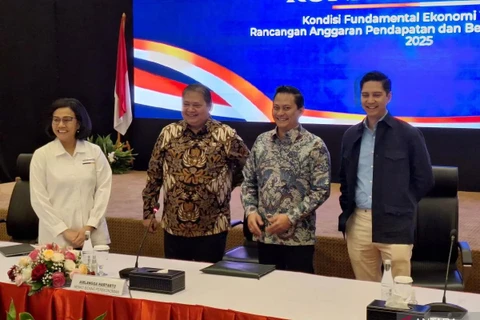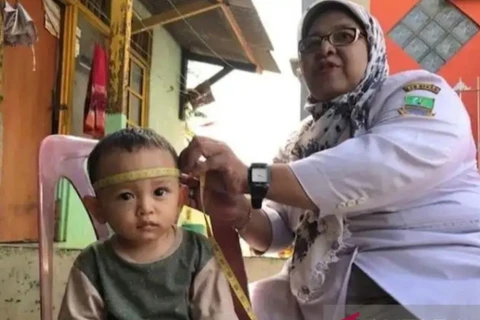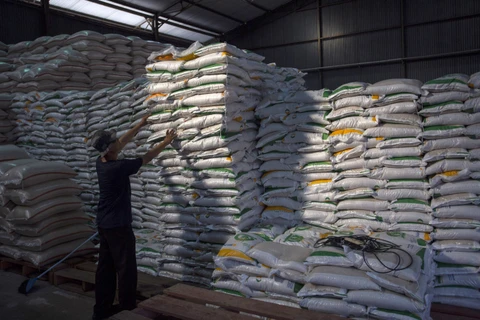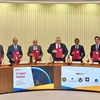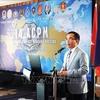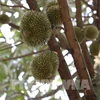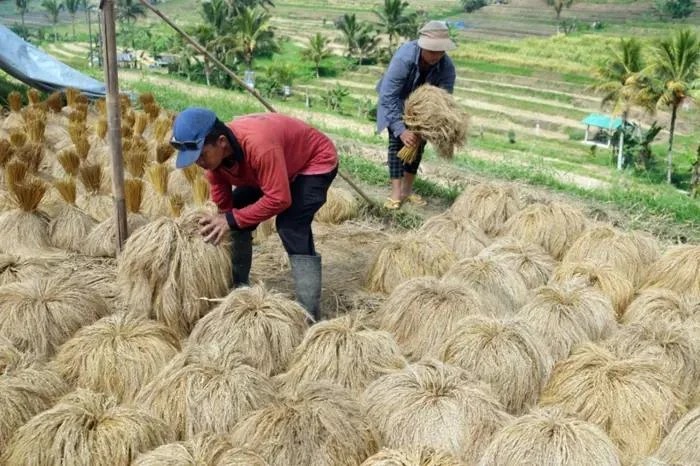
Jakarta (VNA) – Experts are calling for diversify Indonesians' eating habits, using other starches to replace rice because the domestic rice supply does not meet demand.
As nationwide rice production keeps falling short of demand, many have proposed a diversification of local dietary habits, but rice consumption is deeply rooted in Indonesian culture, and switching to alternatives alone would not address structural problems in domestic farming.
However, data from Statistics Indonesia (BPS) showed that Indonesians eat less rice today than some years ago. Per-capita consumption dropped from 1.7kg a week in 2007 to 1.5kg in 2023.
According to Khudori, an agriculture expert with the Indonesian Political Economy Association (AEPI), despite decreasing per-capita consumption, aggregate consumption kept growing along with the country’s population, leaving the country dependent on imports to meet nationwide demand.
He said a lack of available land amid the conversion of large swaths to other functions was among the biggest problems blighting rice production.
Shifting away from reliance on rice by mainstreaming an alternative carbohydrate staple may not be a real solution, he noted, because in the case of bread, for instance, a lack of wheat production in the country will only leave Indonesia even more dependent on imports.
The head of the National Food Agency (Bapanas), Arief Prasetyo Adi, said that the government had no dedicated programme in place to diversify consumption, but if it were to push for alternative stables, Arief suggested popularising food products with local roots in regional history, such as papeda in Papua.
Bapanas projected that the government might need to import as much as 5 million tonnes of rice this year, which would be a record amount. However, only 3.6 million tonnes worth of quotas have been issued so far./.
